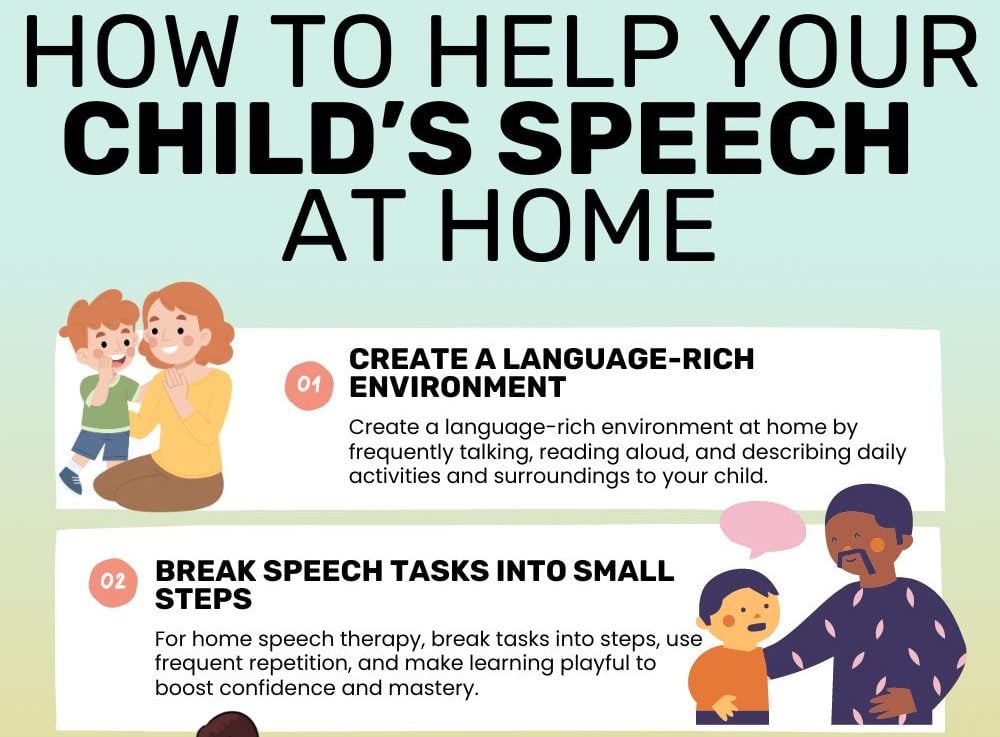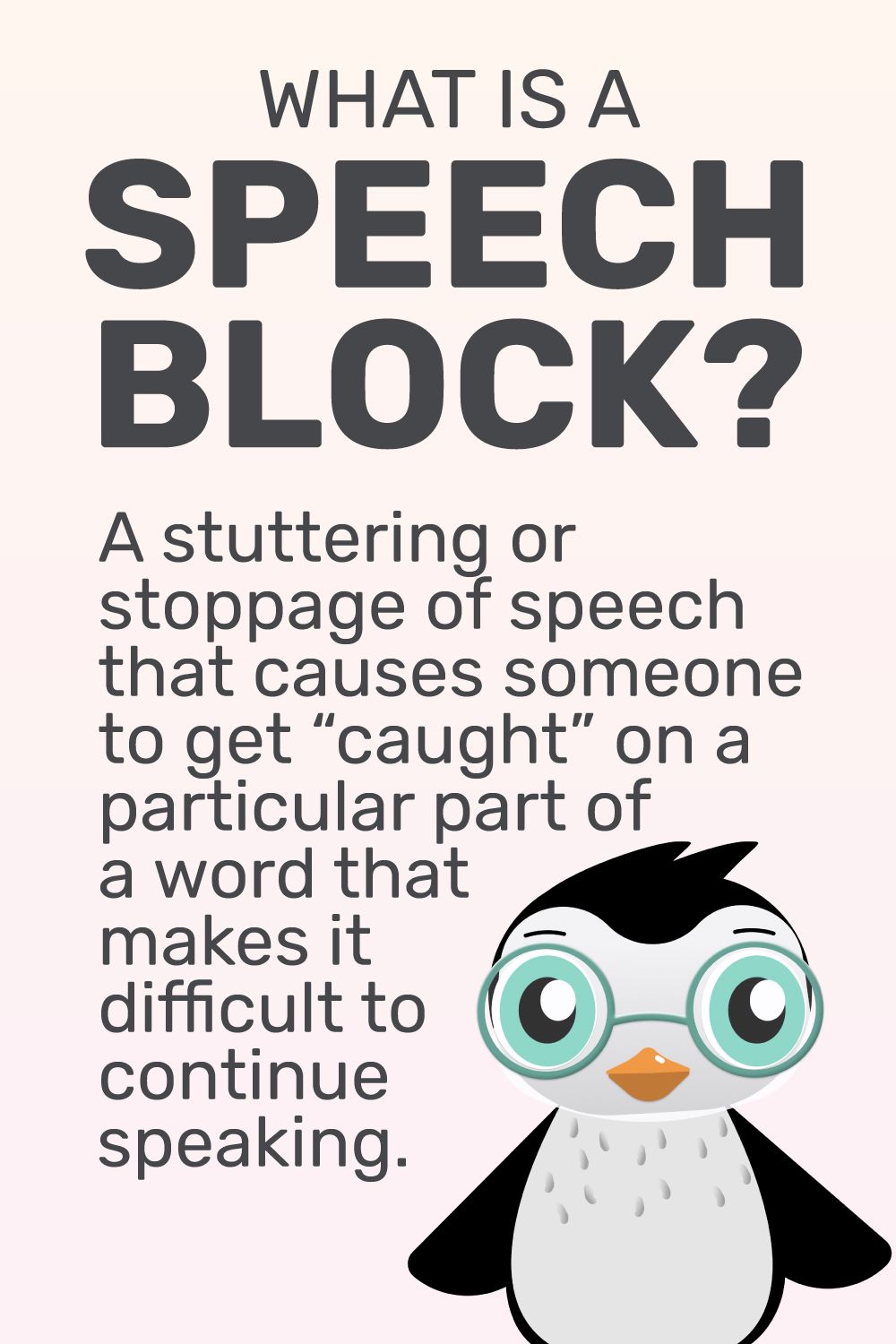Speech impairment refers to a condition that affects a person’s ability to produce sounds and form words, leading to difficulties in speaking and communicating effectively. Here are some symptoms of Speech Impairment:
- Articulation difficulties: Difficulty pronouncing certain sounds, leading to unclear speech, sound substitutions, omissions, distortions, or additions.
- Fluency issues: Disruptions in speech flow, such as stuttering or cluttering, causing repetitions, prolongations, or hesitations.
- Voice disorders: Affecting voice quality, pitch, and volume, resulting in raspy, hoarse, breathy, or atypical voices.
- Apraxia of speech: A neurological condition impeding motor planning and coordination for precise speech movements.
- Dysarthria: Resulting from muscle weakness or paralysis, leading to slurred or mumbled speech, reduced intelligibility, and breath control challenges.
- Language difficulties: Speech impairments can coincide with language disorders, affecting vocabulary, grammar, sentence structure, and comprehension.
If you or someone you know experiences persistent difficulties in speech, seeking professional assessment and intervention from a speech-language pathologist can be beneficial in managing and improving communication abilities.
This post was originally published on Feb. 17, 2023. It was updated on Jan. 4, 2024.












